How to file for a divorce in India step-by-step? Once either party decides to get a divorce, the next step is to figure out the steps of how to file for a divorce. It is important to consult a good divorce lawyer who will help you know your legal rights in a divorce case.
There are different procedures for filing for divorce, depending on the type of divorce it is. In case of a mutual divorce case, the process is simple, and quicker. However, if the divorce is contested, one may be up for a long drawn-out process.
In India, the rules of getting a divorce are connected to religion. For couples who are Hindus, Jains, Sikhs, and Buddhists, divorce laws are guided by the Hindu Marriage Act of 1955. In case of Muslims, it is governed by The Dissolution of Muslim Marriages Act, 1939.
For Christians, it is the Indian Divorce Act, 1869, and for the Parsi community, divorce laws are governed by the Parsi Marriage and Divorce Act, 1936. In the case of inter-community and civil marriages it will follow the guidelines laid out by the Special Marriage Act, 1956.
What Is The Divorce Process In India?
Table of Contents
The divorce procedure in India depends on the kind of divorce it is. The procedure in an uncontested divorce or mutual divorce, involves 4 steps – filing a divorce petition, the couple appearing before the court to make their respective statements, the examination of the statement and petition by the court, and finally the passing order on First Motion.
“Filing for divorce is about creating a new beginning, not just ending a marriage.”
In a contested divorce, the first step involved filing the petition by either party, followed by the reply from the other spouse in court, after which the court may suggest reconciliation. Lastly, the court will examine all the evidence and finally give its hearing.
So if you’re confused about how to file divorce in India, continue reading this informative article.
Related Reading: 15 Subtle Yet Strong Signs Your Marriage Will End In Divorce
What are the major grounds considered for divorce?
If you want to know how to get divorce in India, there are certain recognised major grounds and reasons for divorce. These can include:
- Desertion of either spouse for two years or more
- Adultery by either party
- Physical or mental abuse
- Forceful conversion to other religion, in case of a religious marriage
- Insanity, mental disorder, or unsound mental condition of either spouse
- Venereal or incurable disease in a communicable form
- Unheard of being alive for a period of seven years and above
- Renouncing the world and joining any religious order (possible in case of a religious marriage)
What is it like getting a divorce?
The divorce procedure in India is long and arduous, and may leave you contemplating if the whole thing is worth it or not. But if you truly believe you will be better off without your spouse, then remember what you’re fighting for.
You could be fighting for your freedom, for independence, or even fighting for your right to live a happy life. Yes, it’s hard, but you deserve to be with someone who is better for you. Or in other cases, maybe being alone is better for you. Whatever it may be, get through with it and live your life on your own terms.

Procedure to file for a divorce in India
How to file for a divorce in India in a step-by-step and orderly manner? Well firstly, make sure you’ve got a good lawyer, who will explain things to you in detail. Make sure to keep the following things in mind when you’re going through the divorce process in India.
- Hire a divorce lawyer who will file your divorce petition in the court, after being presented with all the relevant details.
- The spouse will receive a copy of the petition.
- Depending on the nature of your divorce, your spouse can either agree to or contest the petition.
- In case of a divorce with mutual consent, you need to prove that the couple have been living separately for more than one year.
- Once these proceedings are over, the court gives the couple a period of six months to reconsider their decision.
- In case the petition is not withdrawn, a decree of divorce is granted by the court.
Related Reading: Should You Get A Divorce? – Take This Divorce Checklist
Hopefully this article answered your question of how to file for a divorce in India with clarity. No matter the case, at the end of the day divorces are messy and the divorce procedure in India, although easy in theory, is quite taxing in real life. So a word of advice – keep your head high and brave through this storm. Everything will be okay, and one day you will begin moving on after divorce.
FAQs
1. How long does it take to get a divorce in India?
From the filing of the petition to the final hearing, a divorce in India may take anywhere between 6 months to 1 year on an average.
2. How much does a divorce cost in India?
The court fees is nominal at Rs 15, however getting a good lawyer may be a strain on your budget.
3. Can I get a divorce without going to court in India?
No. It is the court which gives the final hearing, so it is not possible to file for a divorce without going to court in India.
Final Thoughts
Filing for divorce is a significant decision that can be emotionally and mentally challenging. In India, the process involves understanding different grounds for divorce, knowing which court to approach, and having the necessary documentation. While it’s essential to be informed about the steps, having the support of legal counsel can make the journey easier, offering guidance and ensuring your rights are protected. Divorce can be a complex process, but it is also a pathway to new beginnings and personal growth. Taking each step with patience and clarity can help you navigate this transition as smoothly as possible.
Your contribution does not constitute a charitable donation. It will allow Bonobology to continue bringing you new and up-to-date information in our pursuit of helping anyone in the world to learn how to do anything.

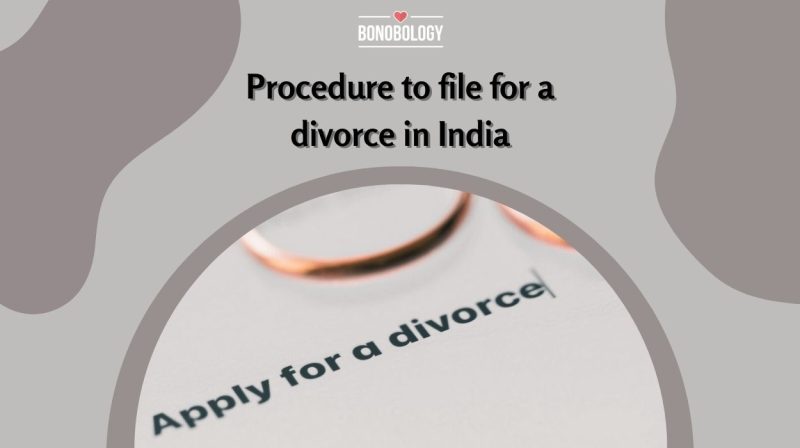

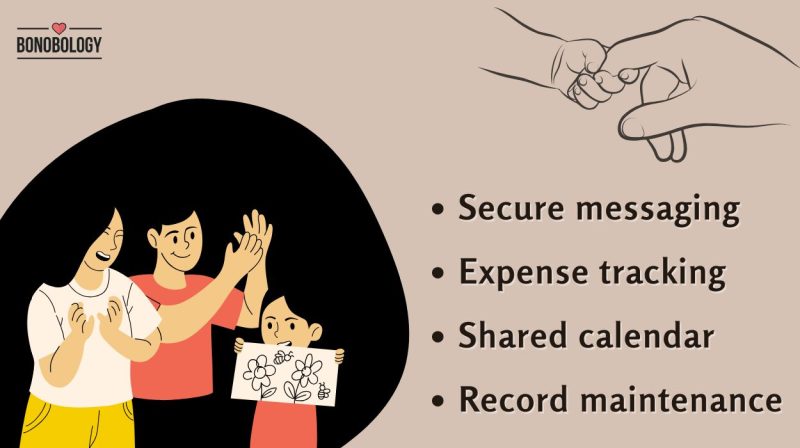







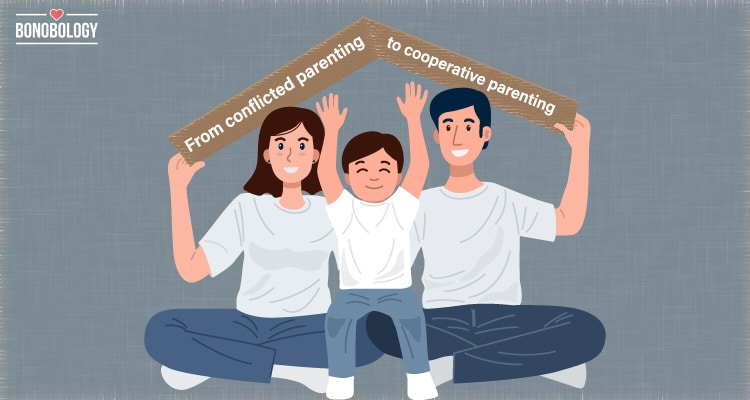

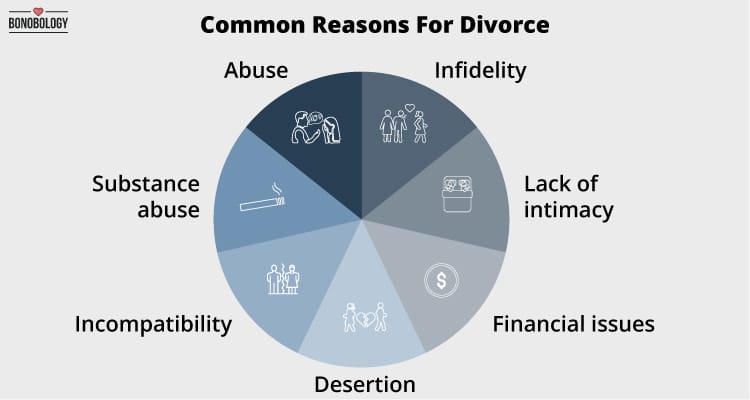




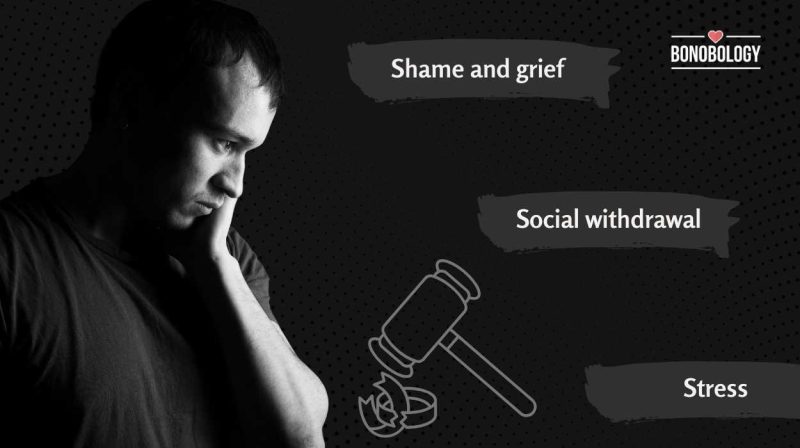
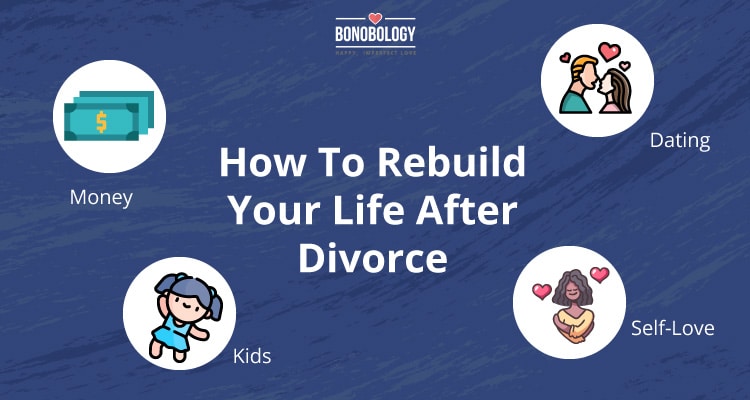



Featured
14 Best Co-Parenting Apps For Estranged Couples
12 Best Dating Apps For Divorcees
The Hidden Benefits Of Divorce
Top Legal Tactics for Alimony Disputes Between Parents
Divorce Regret: What Is It, Signs, And Ways To Deal
The Pros And Cons Of Being Your Own Divorce Lawyer
15 Subtle Yet Strong Signs Your Marriage Will End In Divorce
10 Things To Do When You Are Thinking About Divorce
10 Tips For Divorced Parents To Handle Joint Custody Effectively
9 Sneaky Divorce Tactics And Ways To Combat Them
18 Most Common Reasons For Divorce
How To Cope With Divorce As A Man? EXPERT ANSWERS
11 Ways To Remain Sane During a Divorce
7 Important Things To Know About Dating While Separated
The Top Rules Of Separation In Marriage To Make It Successful
Lonely After Divorce: Why Men Find It So Hard To Cope
How To Rebuild Life After Divorce: Handling Kids, Money, Dating, And Self-Love
Failed Celebrity Marriages: Why Are Celebrity Divorces So Common And Expensive?
Surviving Divorce at 50: How To Rebuild Your Life
Gray Divorce 101 – A Guide To Divorce After A Long Marriage